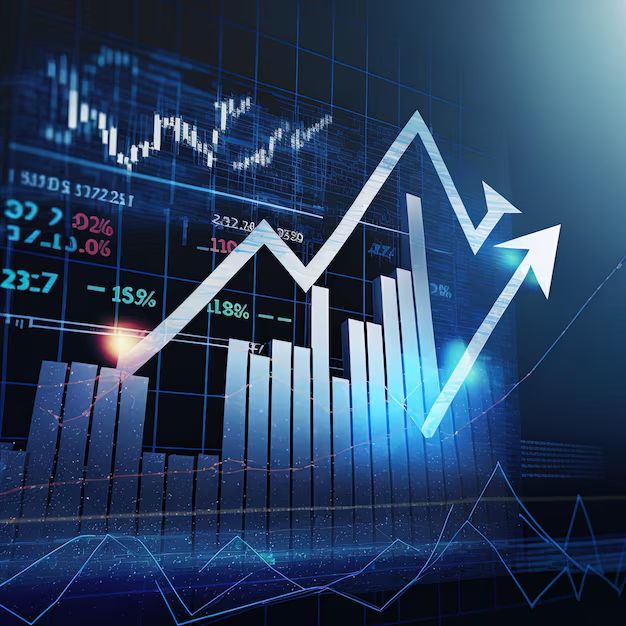Meta Description:
Discover how elections, geopolitical tensions, and political decisions impact forex markets and influence currency volatility and investor sentiment.
Introduction
Political events can cause seismic shifts in the financial markets, and the forex market is no exception. Whether it’s a national election, a political scandal, a trade agreement, or escalating geopolitical tension, traders often respond swiftly—and sometimes irrationally—to political developments.
In this article, we’ll explore how various political events influence currency values, the psychology behind these reactions, and how forex traders can prepare for politically driven volatility.
Why Politics Matter in Forex Trading
Currency prices reflect not just economic performance, but also the stability and direction of a country. Political decisions shape fiscal policies, trade relations, interest rates, and investor confidence—all of which affect forex markets.
Even the perception of instability or uncertainty can trigger currency swings.
Key Political Events That Affect Currency Prices
1. Elections and Leadership Changes
Elections often bring uncertainty. Markets typically dislike uncertainty, leading to volatility during election cycles.
Example: The Brexit referendum in 2016 caused a sharp drop in GBP due to uncertainty over the UK’s economic future.
2. Geopolitical Tensions and Wars
Conflicts or tensions—especially involving major economies—can weaken currencies or drive safe-haven flows.
Example: Rising tensions in the Middle East often cause risk-off sentiment, leading to USD or JPY strength.
3. Trade Agreements and Tariffs
Changes in trade policy affect a country’s economic outlook and currency strength.
Example: U.S.–China trade war announcements led to frequent USD and CNY volatility.
4. Political Scandals and Corruption
A scandal involving key officials can damage investor confidence and weaken the national currency.
Example: Political scandals in Brazil in past years have frequently impacted the BRL.
5. Regime Instability and Coups
Sudden political transitions or instability can drastically devalue a currency due to perceived risk.
How Traders React to Political Events
Political events typically create short-term volatility, but long-term trends depend on how the event affects economic fundamentals.
- Risk-off vs. risk-on: In times of political stress, investors often sell riskier assets and move into safe-haven currencies like the USD, CHF, or JPY.
- Flight to safety: Uncertainty drives capital toward politically stable economies.
- Speculative behavior: Traders may enter or exit positions rapidly, often driven by emotion rather than data.
Case Studies
Brexit (2016–2020)
- GBP dropped by over 10% in the hours after the referendum result.
- Continued negotiations caused years of volatility in GBP pairs.
U.S. Elections
- Currency markets react to expected fiscal and foreign policy changes from the new administration.
- In 2020, USD weakened in anticipation of larger stimulus under a Democratic government.
Russia-Ukraine Conflict (2022)
- Caused sharp moves in EUR, CHF, and RUB.
- Increased energy prices also influenced commodity currencies.
Trading Political Events: Tips for Forex Traders
- Stay informed: Follow reliable news sources and use economic calendars.
- Reduce leverage: Political surprises can result in sharp price swings.
- Avoid overexposure: Don’t concentrate your portfolio in politically unstable regions.
- Have a plan: Know your risk tolerance and stick to stop-loss strategies.
- Consider safe havens: During crises, currencies like USD, JPY, and CHF often strengthen.
Internal and External Links
- Internal Link: Understanding Market Sentiment in Forex
- External Link: Reuters – World Politics News

